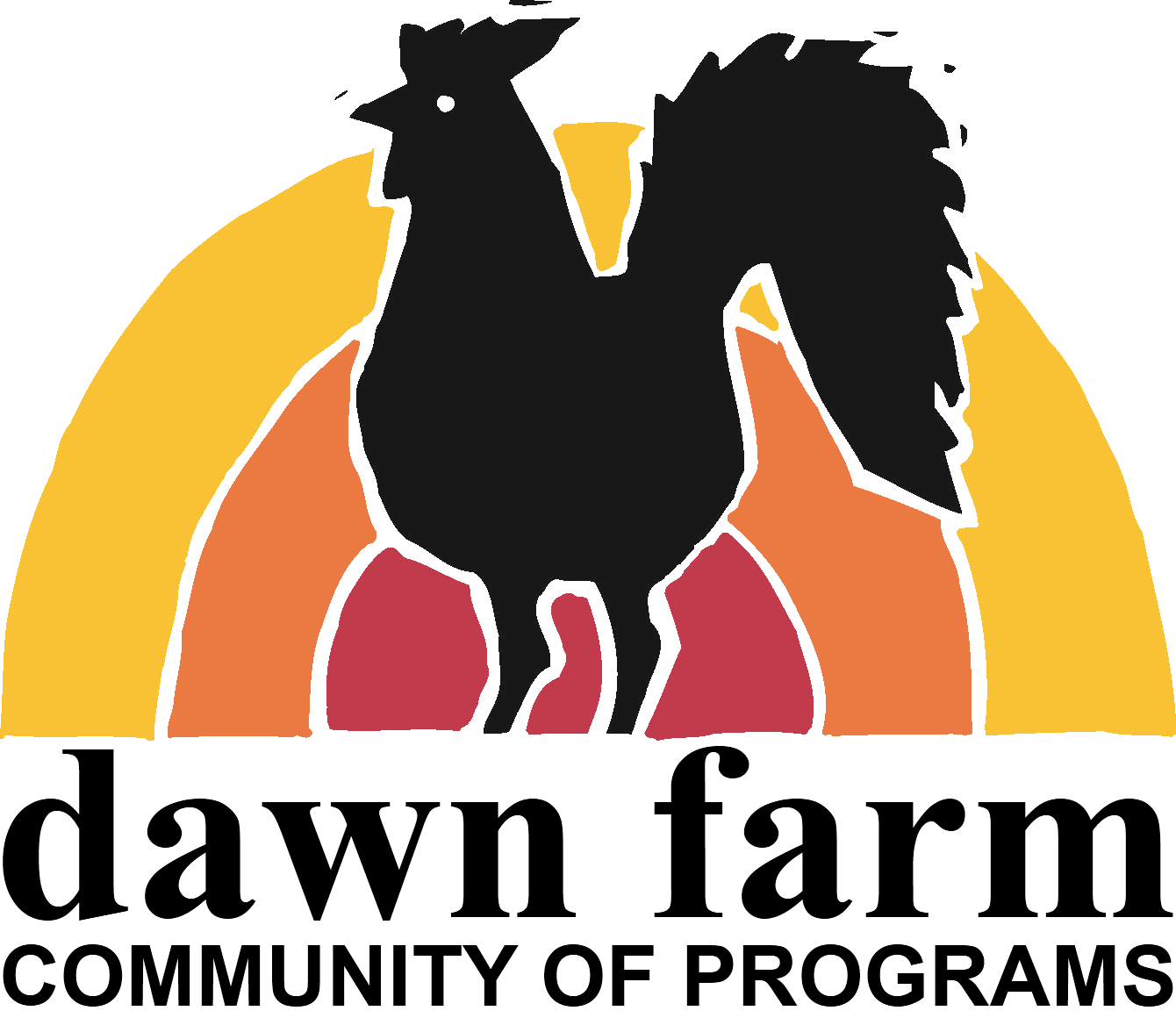What to bring to residential treatment?
What to bring
This list is meant to tell you what you can bring, not what you must bring. If you do not have some of these items, don’t worry.
- 7-12 pairs of jeans, pants, or sweats
- 7-12 shirts, not portraying alcohol or other drug (including nicotine and cannabis) related images
- 2 sweatshirts or sweaters
- Underwear, socks, and bras
- One robe and 3-5 sets of pajamas
- One pair each of casual shoes, work boots, slippers, and shower shoes
- One coat appropriate for the season
- One towel and wash cloth
- Twin-sized bedding
- One alarm clock without a radio
- Personal items/toiletries:
- lotion
- solid deodorant
- toothpaste & toothbrush
- bar soap
- comb/brush
- electric shaver or razors/shaving cream
- shampoo
- nail clippers
- wash cloths
- All current medications (please come with at least a 14-day supply as filling prescriptions takes time)
- Picture ID, social security card, and health insurance card if applicable
- You can bring one carton of cigarettes and $75.00 cash.
- Reliable diagnosis of psychiatric disorders in addicts and alcoholics takes weeks or months, rather than the minutes typically spent with the doctor.
- It is our anecdotal experience that psychiatric disorders are over-diagnosed in alcoholics and addicts.
- According to research, most people entering treatment are experiencing symptoms of a mental illness but these symptoms will improve significantly over a period of 3 to 6 weeks without any psychiatric treatment.
- This 3 to 6 week time frame is the same time frame that we would expect psychotropic drugs to take effect.
- If a newly abstinent person is placed on medication and improves in 3 to 6 weeks, we would be unable to determine whether the medication or recovery reduced the symptoms.
- Given the crises that bring people to treatment, profound sadness and anxiety are to be expected. These responses to crisis are not signs of a disorder. Confronting these feelings is an important task in early recovery.
As a client, you will meet with a psychiatric nurse practitioner who is trained in the management of psychiatric disorders and addiction. During the assessment, all past psychiatric history, including psychiatric diagnoses and medications will be reviewed. You may be encouraged to discontinue or taper medications that may provide no benefit. This decision will be based on the circumstances of prior diagnoses, response to psychiatric treatment, symptoms, an assessment of your safety, and your ability to participate in treatment.
If you decide to discontinue or taper medications, you will have access to non-pharmacological effective approaches such as cognitive behavioral therapy and personal medicine. If your symptoms worsen or fail to improve, we will perform another review to assess symptoms and re-address medication changes. Discussing medication regimes and suggestions for stopping or tapering meds are always a mutual agreement.
For more information, please refer to Dawn Farm’s Position on Addiction and Mood Disorders
What not to bring
- Cell phones (phones will be locked in office)
- Smart watches
- Laptops and music players
- Any health and beauty products containing alcohol (hand sanitizer, cologne, perfume, aftershave, body spray, hairspray, or astringent)
- Make-up
- Curling irons or flat irons
- Expensive jewelry
- Vapes or E-cigarettes
- Books that are not recovery related (in the beginning stages of treatment we want to encourage you to focus on recovery without distractions)
Our Mission Statement
The goal of Dawn Farm is to assist addicts and alcoholics in achieving long term recovery.
Dawn Farm will identify and remove barriers that prevent addicts and alcoholics from joining the recovering community.
This statement was drafted by our local recovering community, and has been a guiding light ever since.
Our Core Values
Dawn Farm’s mission is to help addicts and alcoholics find recovery. Our core beliefs are evident at every Dawn Farm site. Here are a few important values that drive the Dawn Farm organization:
Any addict or alcoholic can get better
Addiction is a disease that can be effectively treated regardless of the drug involved. We treat everyone the same “”and don’t consider one addiction more difficult to address than another.
Abstinence matters
We believe that people can develop a happy lifestyle of honesty and recovery through abstinence from mood altering substances. We have ample evidence that addicts and alcoholics can achieve quality sobriety.
Community recovery works
We are convinced that the 12 Steps offer the greatest hope for recovery from addiction and we believe the recovering community is more important than we are. We emphasize lifelong recovery through meetings, sponsorship, service work and helping others.
We believe in long-term support
Our residential programs are long-term, and all of Dawn Farm’s services are built around creating lasting relationships with each recovering person.
We believe in the importance of work
Our clients take responsibility for all areas of their lives and participate in meaningful work while in treatment. Though our working farm provides the most obvious opportunity for work, our other Farm programs incorporate similar approaches.
We treat the disadvantaged
A unique feature of Dawn Farm’s mission has been offering care to people who lack financial resources. Our philosophy is simple, no individual will be denied services for lack of insurance or funds.
We develop programs for people
We don’t chase money. Farm programs are developed in response to our mission and to client needs, not to the needs of a funding source. We raise the money we need to do the work that we feel is important.
Dawn Farm is a tax exempt, nonprofit organization under Section 501 (c)(3) of the Internal Revenue Code. Programs are licensed by the State of Michigan and accredited by the Commission on Accreditation of Rehabilitation Facilities (CARF).









Get Assistance Now
If you're in need of immediate help contact us for assistance.
